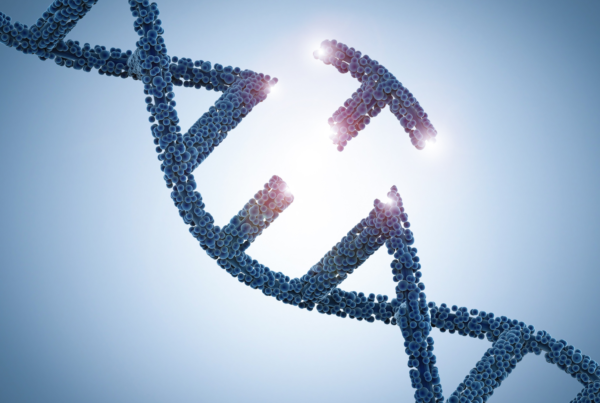Hi everybody! I’m Mario Cangiano, an Early stage researcher (ESR) within the EU funded project TransPot (the Translational Research Network for Prostate Cancer), working at the R&D department of GenomeScan. Transpot is a multi-center research program designed to tackle aggressive prostate cancer (PCa) and to train 11 ESR in the field of systems biology, namely the holistic representation of biological mechanisms underlying a specific phenotype. My main focus is to implement and evaluate machine learning pipelines to extract insights from next generation sequencing and, in general, high-throughput biological data coming from different sources, for the benefit of: understanding the mechanisms behind the development of the resistance to the first line therapy in PCa, namely androgen deprivation (ADT); identify more effective therapies for castration-resistant prostate cancer (CRPC).
Secondment at Biomedical Research Foundation Academy in Athens (BRFAA) – June 10th to 28th 2019
Thanks to the strong scientific network at the backbone of the European consortium, I’ve been able to perform a secondment at the Proteomics Research Unit of BRFAA (Biomedical Research Foundation Academy in Athens), under the supervision of Drs Antonia Vlahou, to get acquainted with protein data analysis and integration with RNAseq profiles.
It has been shown that genomic transcripts inferred from RNAseq mapped reads can guide the alignments of peptides (extracted from the same samples) and ameliorate the tissue and disease specificity of the quantified set of proteins. Indeed, as alternative splicing has been defined as a hallmark of cancer, it is fundamental to take into account PCa specific transcripts while quantifying active proteins in the tumor. Moreover, genomic alterations like single nucleotide polymorphisms (SNPs) and small insertions/deletions of nucleotides (INDELs) can alter the peptide composition of proteins, masking them from detection when the peptides get aligned to the reference human proteome.
After completing the comparison between a standard human proteome and an RNAseq driven reference databases, I’ve been working on the development of a study plan for a future analysis on ADT responders versus ADT resistant prostate cancer patients.
Given that most of the patients who undergo ADT after radical prostatectomy or resection of the primary tumor progress into the aggressive and still untreatable form of CRPC the TransPot consortium is trying to collect solid tissues and urine/serum samples to compare the biology of the patients who responded to the first line of treatments to the ones who didn’t. The goal is to both understand the rationale behind the predisposition to develop a resistance as well as to suggest alternative therapies to ADT for the patients manifesting the susceptible phenotype. This analysis will integrate transcriptomics, proteomics and metabolomics data in a single model of the pathology.
I’m confident that the joint efforts within the consortium will speed up prostate cancer research and help elucidating a systems biology point of view of the molecular progression of the disease.
Course on Deep learning applications at the Graduate School of Economics (GSE) in Barcelona – July 15th to 19th 2019
As part of the needed training for my PhD at the University of Glasgow, I also attended a course on Artificial intelligence (AI) at Graduate school of Economics in Barcelona, focusing on the application of modern deep learning algorithms on real world data.
I’ve been taught about feedforward, autoencoders, convolutional and recurrent networks and how to apply them in regression/classification problems, recommender systems and data denoising. Each theoretical lecture was followed by hands-on experiences using Keras API for deep learning, implemented in Python programming language.
Thanks to this course I’ve become able to deploy AI architectures both in Python and R and I’m looking forward to apply this knowledge on the data I’ve been provided within TransPot to boost my research on multiple omics integration.





